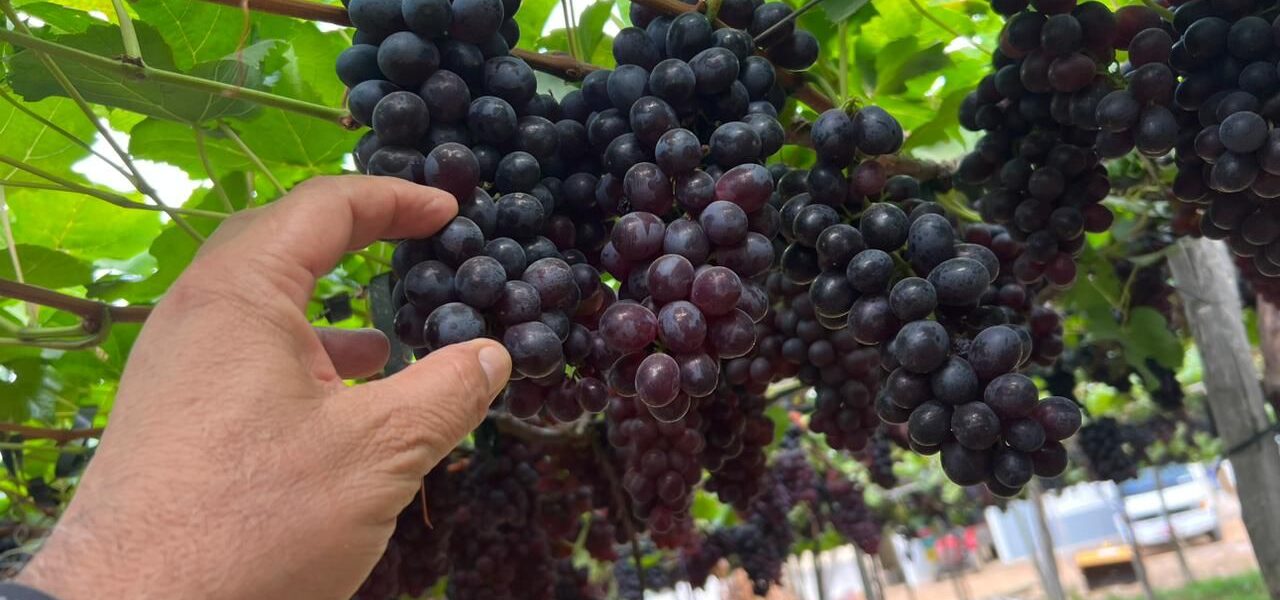A novel approach to enhance the growth and quality of microalgae using plant hormones
Prof. Aécio D’Silva, Ph.D
Microalgae are microscopic organisms that can convert sunlight and carbon dioxide into biomass and biofuels, such as biodiesel, bioethanol, and biogas. However, the current methods of cultivating microalgae are not efficient enough to meet the increasing demand for renewable energy. One of the challenges is to increase the biomass and biofuel content of microalgae while reducing the cost and environmental impact of the process. A possible solution is to use phytohormones, which are natural or synthetic compounds that regulate the growth and development of plants and algae.
Category: Jasmonates
How to Grow More with Less: The Power of Phytohormones and Beneficial Microbes in Sustainable Agriculture
A novel approach to enhance the productivity and resilience of crops using natural and eco-friendly biostimulants
Prof. Aécio D’Silva, Ph.D
Phytohormones and Beneficial Microbes – Sustainable agriculture is the practice of producing food, fiber, and fuel in a way that meets the needs of the present without compromising the ability of future generations to meet their own needs. Sustainable agriculture aims to conserve natural resources, protect the environment, enhance human health, and ensure social and economic well-being. However, sustainable agriculture faces many challenges, such as climate change, population growth, land degradation, water scarcity, pest and disease outbreaks, and food insecurity. To overcome these challenges, farmers need to adopt innovative and efficient methods of crop management that can increase the yield and quality of crops, while reducing the input and impact of synthetic chemicals, such as fertilizers, pesticides, and growth regulators. One of the possible solutions is to use phytohormones and beneficial microbes, which are natural and eco-friendly biostimulants that can improve the growth and development of plants by modulating their physiological and biochemical processes.




